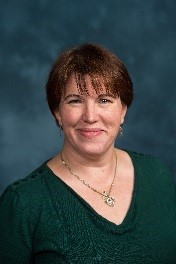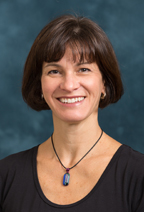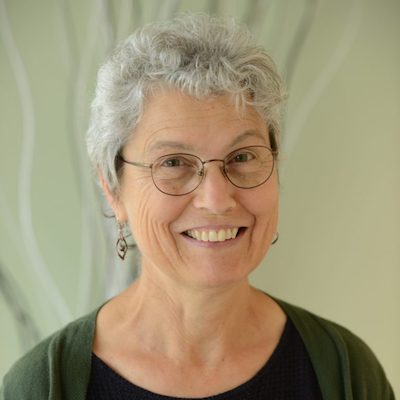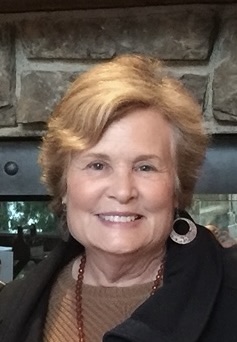IDEAL RRTC Webinar Series: Exploring the Intersections of Person and Place: Healthy Aging for Adults with Long-Term Physical Disabilities
online via zoom. Watch the YouTube Video here.
An interactive, dynamic conversation about healthy aging for people with long-term physical disabilities. Our interdisciplinary panel of experts includes those with lived experience. Together, they consider the importance of environmental factors, such as the built, attitudinal, and policy environments. They discuss high-priority concerns of people aging with disabilities, such as housing, social disconnectedness and isolation, and home and community-based supports. These experts also focus on how individuals and communities can take steps to enhance outcomes. We invited participants to participate by including questions for the panelists on the registration form and during the webinar itself. This webinar was free and open to the public. Communication Access Realtime Translation (CART) services was available to provide live closed captions.
Presenters

Michelle A. Meade, PhD, is a professor in the University of Michigan’s (U-M) Departments of Physical Medicine and Rehabilitation and Family Medicine. As a rehabilitation psychologist, she conducts research with, provides clinical services to, and advocates for individuals with disabilities. She is the director of the IDEAL RRTC, focusing on promoting healthy aging for individuals with long-term physical disabilities.

Philippa Clarke, PhD, is a Professor in the Department of Epidemiology at U-M’s School of Public Health. She is also a Research Professor at U-M’s Institute for Social Research. Her work examines the social determinants of disability, with a particular focus on the built environment for adults aging with disability.

Robyn Rontal, JD, MHSA, leads U-M’s Center for Health Research and Transformation’s data analytics and consulting projects focused on current health care issues and trends, collaborating with local, state, and national organizations on data acquisition and methods. She has focused expertise in the area of healthy aging.

James S. Krause, PhD, is the Associate Dean for Research and a Professor in the College of Health Professions at the Medical University of South Carolina (MUSC) in Charleston. He is also the Director of MUSC’s Center for Rehabilitation Research in Neurological Conditions. Dr. Krause leads a team of investigators on the Health, Employment, and Longevity Project (HELP) for people with neurologic conditions, which includes currently funded projects: 50-year longitudinal study of aging and participation after SCI; opioid-related problems and SCI; quality employment throughout the work lifecycle after SCI, MS, and stroke; longevity after SCI; and the establishment of an SCI database using population-based data.

Margaret Campbell, PhD, is the owner of Campbell & Associates Consulting in Seattle, WA, providing services aimed at bridging aging and disability research and policy and at facilitating the adaptation and translation of evidence-based interventions to community settings to improve the health and well-being of older adults and individuals with disabilities. Prior to this, Dr. Campbell served for 17 years as the Senior Scientist for Planning and Policy Support at the National Institute for Disability, Independent Living, and Rehabilitation Research (NIDILRR) within the Administration on Community Living (ACL) in the Department of Health and Human Services.
About the Webinar Series
The content of this webinar has been developed under a grant from the National Institute on Disability, Independent Living, and Rehabilitation Research (NIDILRR #90RTHF0001). NIDILRR is a Center within the Administration for Community Living (ACL), Department of Health and Human Services (HHS). The content of this webinar does not necessarily represent the policy of NIDILRR, ACL, or HHS and you should not assume endorsement by the Federal Government.
